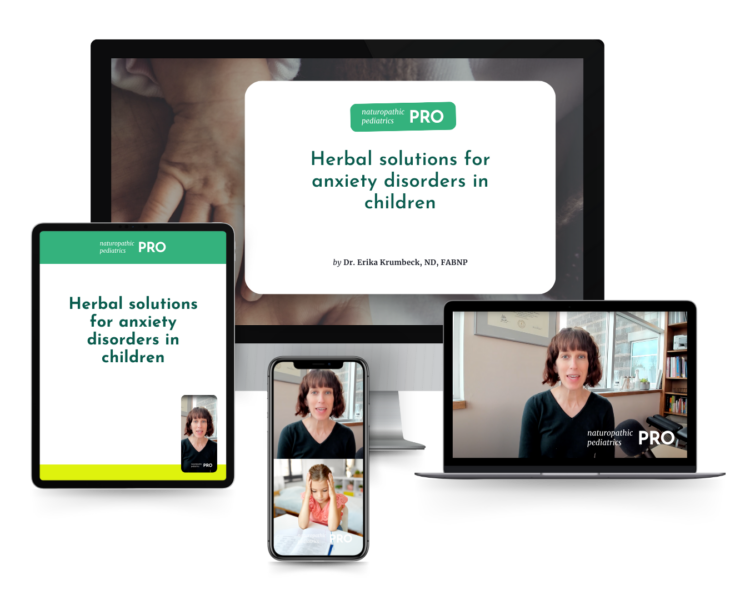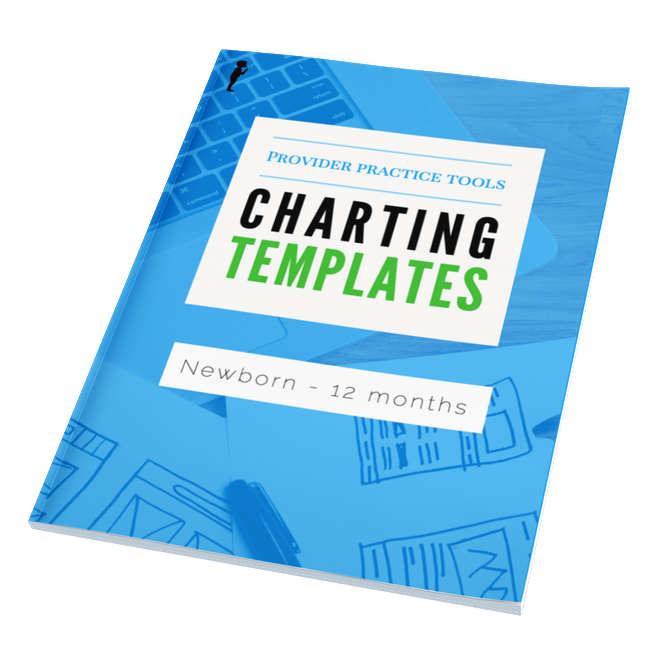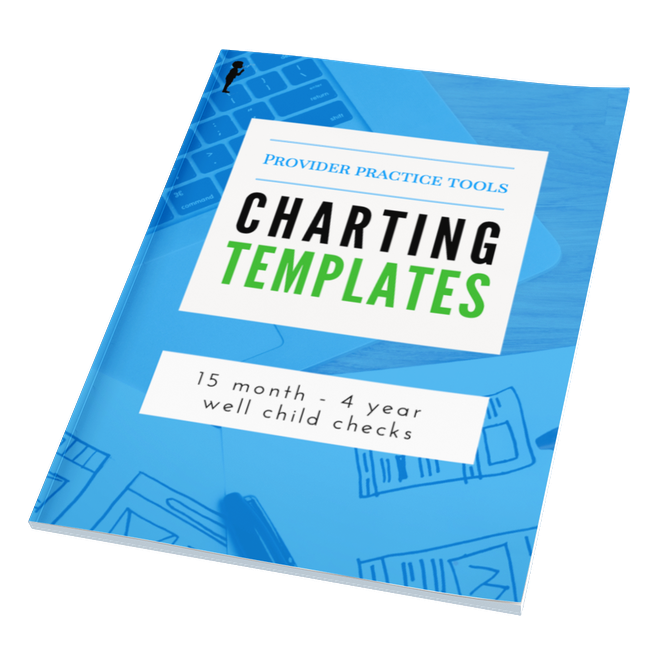Erika Krumbeck, ND, FABNP
Read time: 2 minutes

The need for effective epilepsy management in children is undeniable, but in our pursuit of comprehensive treatment options, are we overlooking the potential of integrating herbal medicine and acupuncture?
Pediatric epilepsy management often presents challenges, from medication resistance to unwanted side effects that can impact a child’s quality of life. While antiepileptic drugs remain the cornerstone of treatment, they do not always provide complete seizure control, and many children experience adverse effects such as drowsiness, dizziness, or gastrointestinal discomfort. This has led researchers and clinicians to explore complementary approaches that may enhance therapeutic outcomes.
Recent research suggests that incorporating herbal medicine and acupuncture alongside standard antiepileptic drugs therapy gives us hope in providing incredible benefits. Studies indicate that these integrative therapies can help improve seizure control, support neurological function, and reduce the side effects commonly associated with conventional medications.
By addressing epilepsy from a broader, more holistic perspective, herbal medicine and acupuncture could offer additional tools for optimizing care and improving patient outcomes. Further investigation is needed to refine protocols and understand the full extent of their efficacy, but current findings are promising for both practitioners and families seeking better options.
Let’s dive into what the research shows
- Better Treatment Success – Children receiving herbal medicine and acupuncture in addition to antiepileptic drugs had a 45% lower risk of treatment failure compared to those receiving antiepileptic drugs alone (RR: 0.55, 95% CI: 0.42–0.71, p < 0.001).
- Possible EEG Improvements – While EEG normalization rates were higher in the herbal medicine + acupuncture group, the statistical significance was borderline (RR: 1.26, 95% CI: 0.98–1.58, p = 0.07). More studies are needed to determine the full extent of neurophysiological benefits.
- Fewer Side Effects – The combination therapy was associated with a 28% reduction in adverse effects compared to antiepileptic drugs alone (RR: 0.72, 95% CI: 0.58–0.89, p < 0.05). Common side effects such as drowsiness (8.2%), nausea (5.6%), and digestive discomfort (4.9%) were reported less frequently in children receiving herbal medicine and acupuncture.
How herbal medicine and acupuncture makes an impact
- Herbal medicine: Traditional formulas commonly used in these studies included Gastrodia elata (Tian Ma) and Uncaria rhynchophylla (Gou Teng), which have been shown to have neuroprotective and anticonvulsant properties.
- Acupuncture: Specific acupoints, such as DU20 (Baihui), PC6 (Neiguan), and ST36 (Zusanli), were selected for their potential to regulate neurological function and reduce seizure activity.
These findings indicate that integrative approaches can play a major role in improving pediatric epilepsy management by not only enhancing seizure control but also reducing side effects associated with antiepileptic drugs.
If you’re interested in staying informed about emerging research in pediatric integrative medicine, subscribe to my Monday Study Rundown for evidence-based insights delivered straight to your inbox.
For more Monday Study Rundowns, click here.




